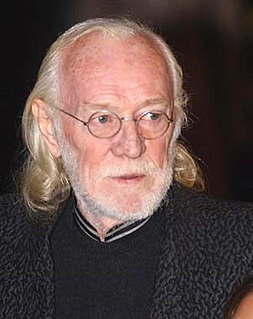A Quote by Ron Currie Jr.
Sometimes we make assumptions about influence when similarities between two writers' work are so strong, but they're still just assumptions. Some things are sort of zeitgeist-y. There's a collective consciousness and we're all drawing from it.
Related Quotes
We have a tendency to make assumptions about everything! The problem with making assumptions is that we believe they are truth. We could swear they are real. We make assumptions about what others are doing or thinking-we take it personally-then we blame them and react by sending emotional poison in our word. That is why whenever we make assumptions, we're asking for problems. We make assumptions, we misunderstand, we take it personally, and we end up creating a whole big drama for nothing.
If others tell us something we make assumptions, and if they don't tell us something we make assumptions to fulfill our need to know and to replace the need to communicate. Even if we hear something and we don't understand we make assumptions about what it means and then believe the assumptions. We make all sorts of assumptions because we don't have the courage to ask questions.
I'M INTROSPECTIVE, because sometimes I want to take "our" side without looking at the facts in situations like these. Sometimes I feel like it's us against them. Sometimes I'm just as prejudiced as people I point fingers at. And that's not right. How can I look at white skin and make assumptions but not want assumptions made about me? That's not right.
Not to any really influential effect, but certainly there have been comments that have surprised me. It's surprising sometimes to get particular perspectives on your work, and it's enlightening sometimes to know that non-writers and readers out there have certain assumptions about everything that I both want to keep in mind and want to forget about why I write, and about the connection between me as a private person and the stuff that I think about on the page.
There will be some fundamental assumptions which adherents of all the variant systems within the epoch unconsciously presuppose. Such assumptions appear so obvious that people do not know what they are assuming because no other way of putting things has ever occurred to them. With these assumptions a certain limited number of types of philosophic systems are possible, and this group of systems constitutes the philosophy of the epoch.
I try to encourage people to think for themselves, to question standard assumptions... Don't take assumptions for granted. Begin by taking a skeptical attitude toward anything that is conventional wisdom. Make it justify itself. It usually can't. Be willing to ask questions about what is taken for granted. Try to think things through for yourself.
Dialogue is a space where we may see the assumptions which lay beneath the surface of our thoughts, assumptions which drive us, assumptions around which we build organizations, create economies, form nations and religions. These assumptions become habitual, mental habits that drive us, confuse us and prevent our responding intelligently to the challenges we face every day.
Philosophy is a necessary activity because we, all of us, take a great number of things for granted, and many of these assumptions are of a philosophical character; we act on them in private life, in politics, in our work, and in every other sphere of our lives -- but while some of these assumptions are no doubt true, it is likely, that more are false and some are harmful. So the critical examination of our presuppositions -- which is a philosophical activity -- is morally as well as intellectually important.
Journalists don't sit down and think, "I'm now going to speak for the establishment." Of course not. But they internalize a whole set of assumptions, and one of the most potent assumptions is that the world should be seen in terms of its usefulness to the West, not humanity. This leads journalists to make a distinction between people who matter and people who don't matter.
































